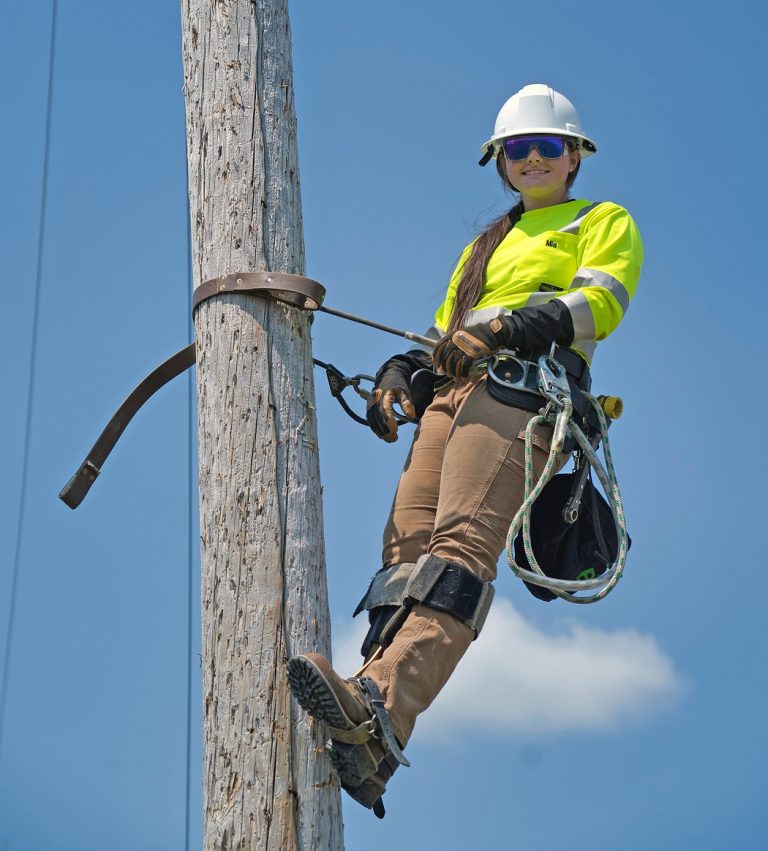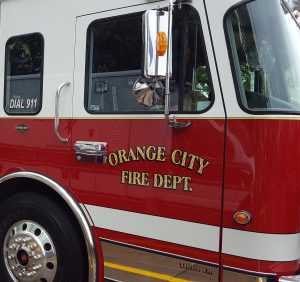 Des Moines, Iowa – The agriculture sector ranks among the most dangerous in the nation with more than 500 deaths recorded in 2014 and a fatality rate of more than 24 deaths per 100,000 workers, according to the most recent data from the Bureau of Labor Statistics.
Des Moines, Iowa – The agriculture sector ranks among the most dangerous in the nation with more than 500 deaths recorded in 2014 and a fatality rate of more than 24 deaths per 100,000 workers, according to the most recent data from the Bureau of Labor Statistics.
In observance of National Farm Safety and Health Week this week, MidAmerican Energy Company encourages all workers in the agriculture industry to focus on safety this harvest season. Here are 13 tips to help farmers stay safe when working around electricity:
1. Be aware of overhead power lines, particularly when moving equipment. People and equipment should remain at least 10 feet away from power lines.
2. Know the height of equipment; cultivators and planters, for instance, may be taller in the fold-up position than they are during field use. Lower augers to transport level when moving even a short distance, and always make sure the auger system has a good ground connection.
3. Never attempt to raise or move a power line. If you need assistance with power lines, call your electric utility.
4. Watch for guy wires, which support utility poles. Although they are not energized, damaging a guy wire can bring down live power lines.
5. Do not erect fence wire along the same route as overhead lines, and do not string fence wire where it may come into contact with an overhead line.
6. If a tractor you are operating comes into contact with a power line, remain seated until help arrives. If there is danger of fire, jump as far away from the tractor as possible and keep your feet together when you land. Do not allow any part of your body to touch the equipment and the ground at the same time. Do not attempt to touch or get back on the equipment after dismounting – this is when many injuries occur.
7. All electrical outlets used on the farm should be three-hole, grounded outlets with faceplates. A certified electrician should be hired to perform all electrical work.
8. Ground the entire electrical system, and protect ground wires and rods from damage.
9. Install a lock-out switch that can turn off all electricity from one area. This will be vital in the event of an emergency or in need of repair.
10. If there are any doubts about the condition of the electrical circuits, wiring or equipment on the farm, have a licensed electrician inspect them.
11. If it is necessary to enter a grain bin, shut off and lock out electricity before entering. Use a safety harness and safety line, and have people available outside the bin in case of emergency.
12. Know the National Electric Safety Code requirements for horizontal clearance between the side of the grain bin and adjacent power line and the vertical clearance above the bin to the nearest line. Contact your electrician to learn more about NESC.
13. Contact your local electrical utility before constructing or remodeling a grain bin to ensure the electrical transformer is of adequate size.
If farm equipment comes in contact with a utility line or other piece of electrical equipment, call your local electric utility immediately.












